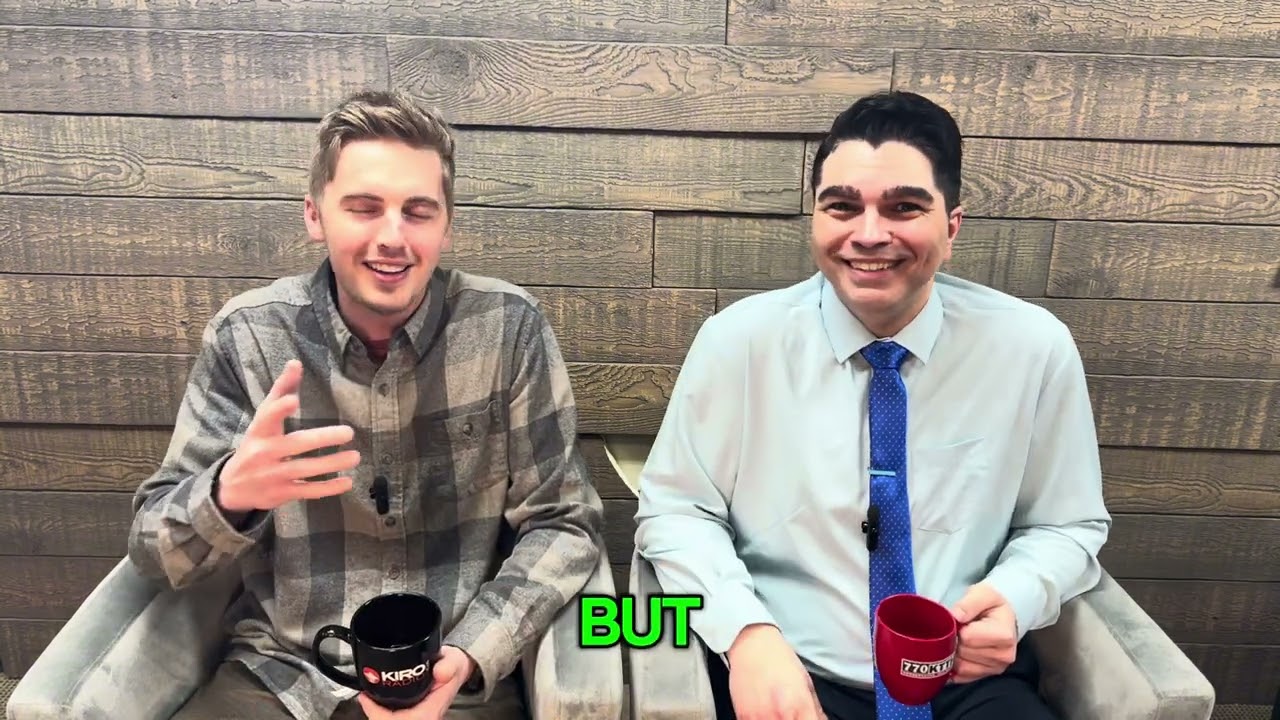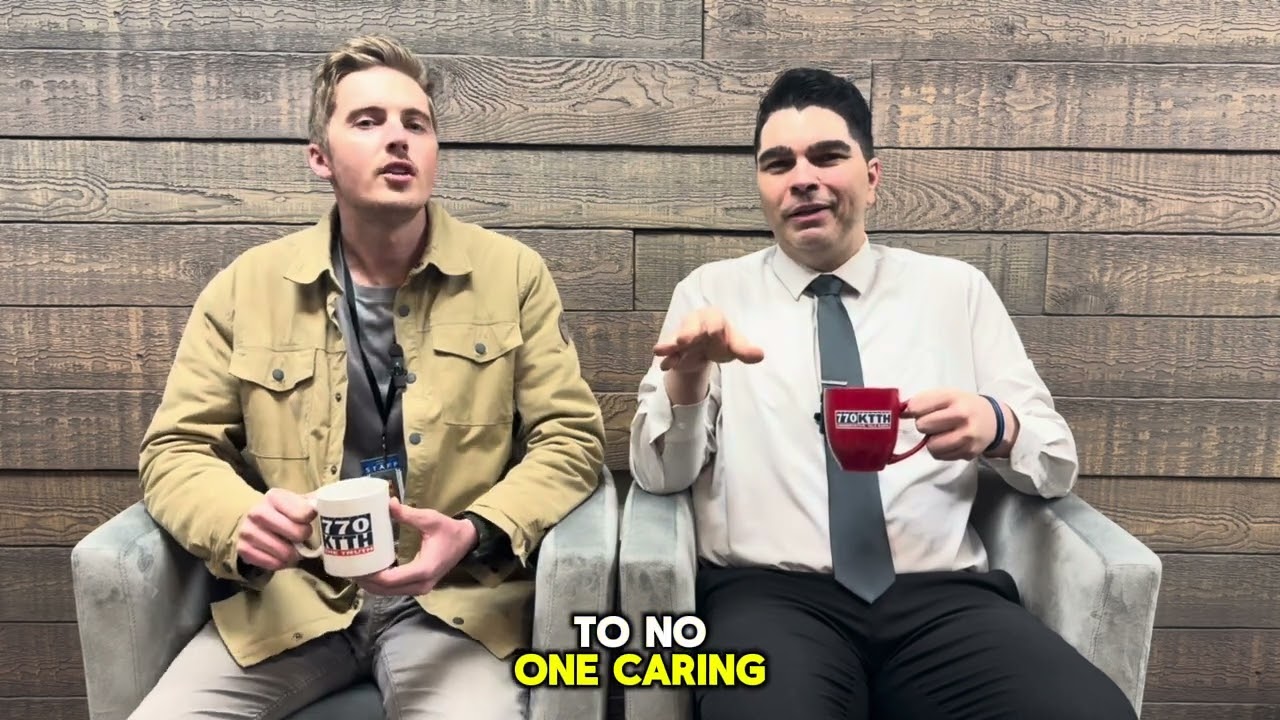Internet access proves necessary to ‘participate in life’ during pandemic
Apr 28, 2020, 12:37 PM

(Pexels)
(Pexels)
Reliable, reasonably priced, high-speed internet access has been an issue in the United States for quite some time, but the ‘haves’ and ‘have-nots’ are even more evident during the pandemic.
Susan Crawford, a professor at Harvard Law School and author of Captive Audience: The Telecom Industry and Monopoly Power in the New Gilded Age joined KIRO Nights to discuss the digital divide.
‘Double down on efforts toward community’ to get through COVID-19
“Like many other fragile structures in American life, like our public health infrastructure, and our ability to vote securely, internet access is turning up to be a giant, difficult issue for America,”Crawford said. “It’s been in place as a huge issue for years and years, but the pandemic reveals that those who have it and have it inexpensively are able to educate their children at home … are able to visit doctors at a reasonable price without having to go directly to the hospital in person, are able to participate in life.”
The coronavirus pandemic has proved the centrality of internet access to our daily lives, and Crawford said has shown we are failing as a country to make sure everyone has access.
To understand the internet access situation today, Crawford went back to 2004.
“In the early 2000s, around 2004, the entire segment of Internet access, the whole idea of Internet access, was deregulated. All government oversight was removed,” she said.
Left to its own devices, the private marketplace took control and divided up the territory. Competition and oversight were completely removed from the equation.
“For the private investors, it just wasn’t worth it to sell services to poorer people and so again, systematically, people in rural areas and lower income people have been left out in large numbers across the country when it comes to adequate internet access,” Crawford said. “And even people in rich natural areas are paying much more than they should.”
The original hope, Crawford thinks, was that the cable companies would battle it out with the phone companies to sell internet access, which would keep prices low. However, the phone companies backed out to start selling wireless services, which was more profitable for them, leaving the marketplace to the cable companies.
“Cable guys upgraded their services, so we now have, across the country, pretty high levels of access to 25 megabit per second download services,” she said. “But we’re unconstrained in what they could charge for those services, which is why people in Seattle and people all over the country pay an enormous amount, way out of proportion to what, for example, people pay in South Korea or Sweden for high speed Internet access.”
Relative to the rest of the world’s internet access, Crawford said the United State is in the middle to low end of developed nations when it comes to speed and price.
“Price is really important. It’s not just about where it’s available, but whether anybody can afford to buy it,” she added.
In China, they’re planning to give all citizens fiber optic access, viewing it as part of their industrial policy to help them create a market for goods and services. The U.S. does not have any such plan.
Sweden’s model, in which the government is not involved in controlling content or selling access but does provide the conduit and blank wires, has been a successful model. There is a combination, Crawford explained, of publicly overseen infrastructure and private entities which can compete to sell access to that infrastructure.
“It’s like a highway that allows a lot of cars to drive along it,” she said.
Now, it’s clear that internet is on par with basic public services like water and electricity.
“What’s stunning is that we went through exactly the same story with electricity,” Crawford said. “Back in the 30s, electricity in United States was controlled only by unsupervised private companies who, just as with … internet access today, divided up the country, formed large cartels, monopolized cities, and left out 90% of farmers up until the mid-30s.”
It took political will from President Franklin Roosevelt to take on the electricity industry and regulate rates to ensure electricity would be available everywhere at a reasonable price.
“Roosevelt said it was the most difficult political battle of his life,” she said. “So here we are, replicating exactly the same story when it comes to Internet access. It’s clearly necessary. Left to its own devices, the private marketplace is not going to make it available at cheap prices to everybody.”
She believes a private party should be part of the system, but there needs to be some level of oversight, which can happen through a combination of levers on the federal, state, and local levels.
“A number of scrappy communities across the United States, about 800 of them now, have gotten into themselves overseeing fiber networks or fiber conduit to make sure that everybody in their community has access at a reasonable price,” she explained.
But the romance around private marketplaces needs to change for access to improve nationwide.
“We’ve got a number of structural problems just like this in America,” Crawford said. “Our romance with the private market when it comes to utilities has not served us very well. But this isn’t rocket science. We can do it. It just takes political will.”
Listen to KIRO Nights weeknights from 7 – 10 p.m. on KIRO Radio, 97.3 FM. Subscribe to the podcast here.













